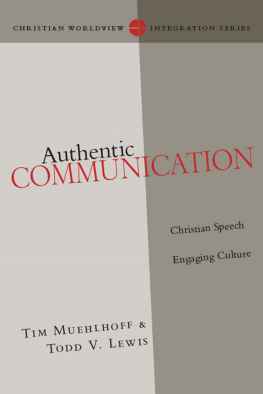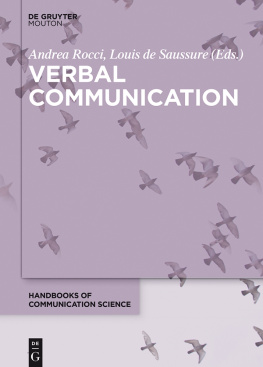The two kinds of integration are deeply intertwined. All things being equal, the more authentic we are, the more integrity we have, the more we should be able to do conceptual integration with fidelity to Jesus and Scripture, and with intellectual honesty. All things being equal, the more conceptual integration we accomplish, the more coherent will be our set of beliefs and the more confidence we will have in the truth of our Christian worldview. In fact, conceptual integration is so important that it is worth thinking some more about why it matters.
SEVEN REASONS WHY INTEGRATION MATTERS
1. The Bibles teachings are true. The first justification for integration is pretty obvious but often overlooked. Christians hold that, when properly interpreted, the teachings of Holy Scripture are true. This means two things. If the Bible teaches something relevant to an issue in an academic field, the Bibles view on that topic is true and thus provides an incredibly rich resource for doing work in that academic field. It would be irresponsible to set aside an important source of relevant truth in thinking through issues in our field of study or vocation. Further, if it looks like a claim in our field tends to make a biblical claim false, this tension needs to be resolved. Maybe our interpretation of Scripture is mistaken, maybe the Bible is not even talking about the issue, maybe the claim in our field is false. Whatever the case, the Christians commitment to the truth of Scripture makes integration inevitable.
Adolfo Lopez-Otero, a Stanford engineering professor and a self- described secular humanist, offers advice to thinking Christians who While Lopez-Oteros remarks are directed to Christian professors, his point applies to all thinking Christians: If we claim that our Christian views are true, we need to back that up by interacting with the various ideas that come from different academic disciplines. In short, we must integrate Christianity and our major or vocation.
2. Our vocation and the holistic character of discipleship demand integration. As disciples grow, they learn to see, feel, think, desire, believe and behave the way Jesus does in a manner fitting to the kingdom of God and their own station in life. With Gods help we seek to live as Jesus would if he were a philosophy professor at Biola University married to Hope and father of Ashley and Allison, or as a political philosopher at Baylor University married to Frankie.
Two important implications flow from the nature of discipleship. For one thing the lordship of Christ is holistic. The religious life is not a special compartment in an otherwise secular life. Rather, the religious life is an entire way of life. To live Christianly is to allow Jesus Christ to be the Lord of every aspect of our life. There is no room for a secular-sacred separation in the life of Jesus followers. Jesus Christ should be every bit as much at home in our thinking and behavior when we are developing our views in our area of study or work as he is when we are in a small group fellowship.
Further, as disciples of Jesus we do not merely have a job. We have a vocation as a Christian teacher. A job is a means for supporting ourselves and those for whom we are responsible. For the Christian a vocation (from the Latin vocare, which means to call) is an overall calling from God. Harry Blamires correctly draws a distinction between a general and a special vocation:
The general vocation of all Christiansindeed of all men and womenis the same. We are called to live as children of God, obeying his will in all things. But obedience to Gods will must inevitably take many different forms. The wifes mode of obedience is not the same as the nuns; the farmers is not the same as the priests. By special vocation, therefore, we designate Gods call to a [person] to serve him in a particular sphere of activity.
As Christians seek to discover and become excellent in their special vocation, they must ask: How would Jesus approach the task of being a history teacher, a chemist, an athletic director, a mathematician? It is not always easy to answer this question, but the vocational demands of discipleship require that we give it our best shot.













